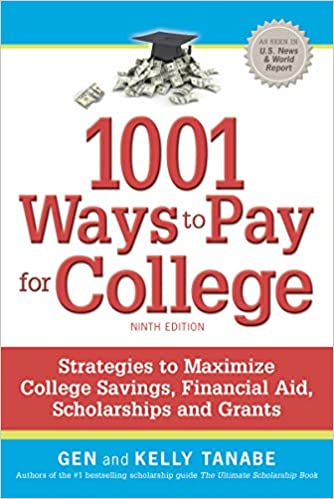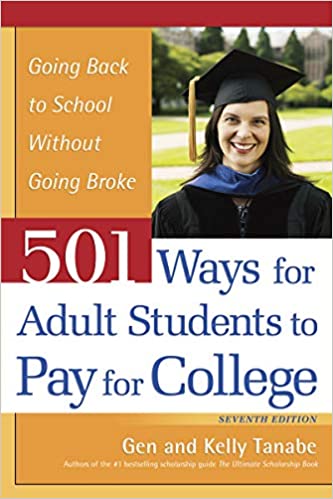4
Extension programs let you work and study.
Most colleges offer continuing education or extension programs. These are typically held in the evenings and are usually open to enrollment, which means that you don't need to go through a selective admissions process to get into the program. Best of all, you can earn complete degrees and graduate certificates without having to become a full-time student.
The Harvard Extension School, for example, enrolls more than 13,000 students each year. Unlike the college, the Extension School accepts students on an open enrollment basis. Students can take just a few courses to improve their job skills or they can get an entire undergraduate or graduate degree. The school offers more than 550 courses in 50 fields of study. Many of the instructors are the same faculty that teach during the day at Harvard College.
5
Don't overlook summer school – it's not just for flunkies.
You might think summer school is just for the students who flunked algebra, but most colleges offer summer sessions that allow you to take the same classes that are offered during the fall or spring semesters. If you are lucky enough to be in a profession where you get summers off, then summer school may be the perfect option for you.
Summer courses are usually more intensive since you have less time to cover the same amount of information as during the regular school term. However, summer school is usually cheaper than the same class taken during the regular term, and you do learn the same material. Credit that you earn in a summer course can almost always be used toward your degree or transferred later to a full-time program. Contact your local college to get the details on their summer session and see if it's an option for you.
6
Explore distance learning options.
The Internet has brought a whole new life to distance learning, which used to take place via snail mail. Now, through online courses, you can take classes at your convenience. Online courses also offer a much higher degree of interaction and let you get closer to the feeling of attending class without actually being there. As an added benefit, these courses are sometimes cheaper than "in-person" courses.
Your local college or university may offer distance learning courses. Rutgers University School of Business in New Jersey, for example, offers an online management certificate in everything from marketing to information technology. The program combines online animated instruction and seminars with two one-day, in-person training sessions.
7
Don't get a degree when a certificate will do.
Less expensive than degree plans, certificate programs are offered part-time, in the summer or through adult education programs and do not require you to take as many courses as you would to earn a degree. While not as highly regarded as an actual degree, a certificate might be just what you need (depending on your reasons for going back to school) and available at a fraction of the cost required for a bachelor's or master's degree. Certificates generally signify proficiency in a specific area, which, in the instance of career advancement, may be all you need to jump to the next level or to make a career switch.



